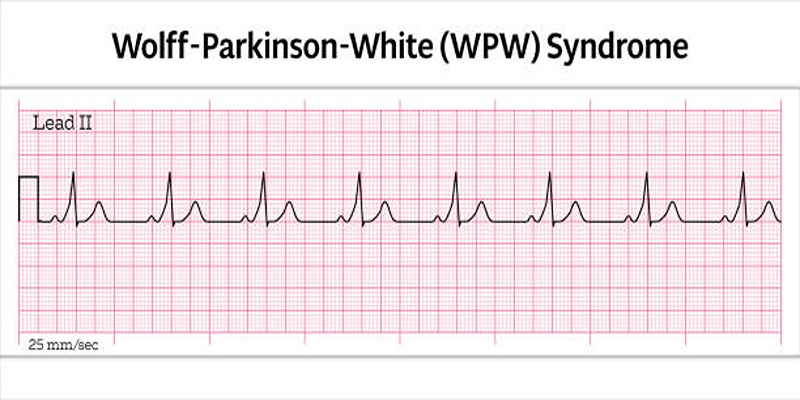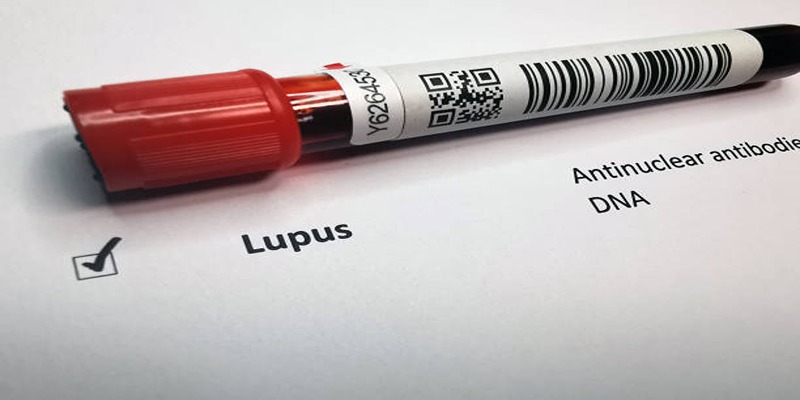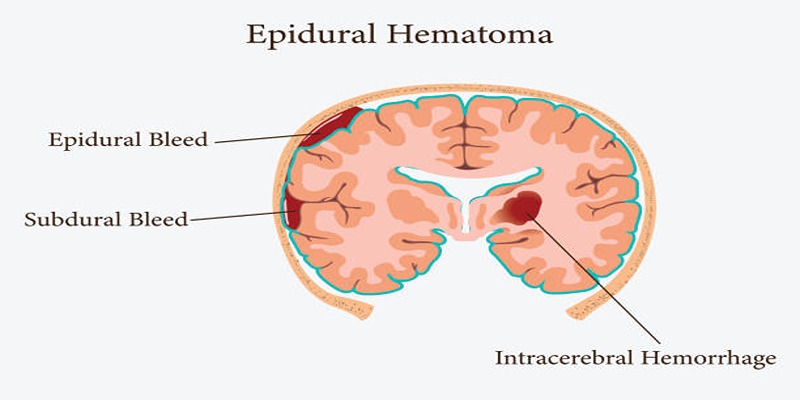ADHD-related brain fog can feel like a mental haze, making it difficult to focus, process information, or complete tasks. This cognitive cloudiness is a common but often misunderstood aspect of ADHD. By exploring its causes, symptoms, and practical solutions, individuals can better manage brain fog and improve their day-to-day functioning and overall well-being.
What Is ADHD-Related Brain Fog?

Brain fog is a mental confusion or a lack of mental clarity. Brain fog in people with ADHD is usually experienced as a feeling of forgetfulness, slowness of thought, disorganization, and lack of concentration. It is not a clinical diagnosis but a highly publicized experience that greatly affects the quality of life.
Causes of ADHD-Related Brain Fog:
The identification of the underlying causes of the ADHD-related brain fog might assist individuals and professionals in developing effective coping mechanisms for the condition. The key contributory factors are as follows:
1. Executive Function Challenges
Executive functions can be described as the self-management system of the brain. Individuals having ADHD usually encounter difficulties in regard to working memory, planning as well as decision making. These problems may result in a cloudy mind, especially when one is undertaking a task that involves prolonged use of the brain.
2. Mental Fatigue
Individuals with ADHD expend more effort than others just to concentrate. This constant exertion leads to mental fatigue, which contributes to the feeling of fogginess. Over time, even simple tasks can feel overwhelming.
3. Disrupted Sleep Patterns
Sleep difficulties are common among people with ADHD. Whether due to racing thoughts or irregular sleep cycles, poor rest can impair attention, memory, and problem-solving—key ingredients for clear thinking.
4. Sensory Overload
ADHD is often accompanied by heightened sensitivity to external stimuli. Noise, light, and crowded environments can quickly become overwhelming, leading to cognitive overload and subsequent mental fog.
5. Diet and Nutrition Imbalance
Irregular eating habits, nutrient deficiencies, or skipped meals can affect cognitive performance. Balanced nutrition is vital for optimal brain function, and any imbalance may intensify symptoms of mental cloudiness.
6. Chronic Stress
Stress significantly affects attention and cognitive flexibility. In ADHD, even minor disruptions can cause major distractions, leading to a snowball effect of mental clutter and brain fog.
Common Symptoms of ADHD-Related Brain Fog
Brain fog presents differently from person to person, but common symptoms include:
- Trouble starting or finishing tasks
- Forgetting what was just read or said
- Difficulty making decisions or thinking clearly
- Feeling “mentally blocked” or slow
- Misplacing items frequently
- Reduced ability to concentrate, even on enjoyable tasks
- General sense of being overwhelmed or mentally drained
These symptoms can appear sporadically or persistently, depending on lifestyle, environment, and how well ADHD is being managed.
How ADHD Brain Fog Affects Daily Life?
The impact of brain fog extends far beyond occasional forgetfulness. It can interfere with:
- Academic and Professional Performance: Difficulty concentrating makes it hard to meet deadlines, attend meetings, or stay engaged during lectures or presentations.
- Personal Relationships: Frequent forgetfulness or mental absence can strain interactions with friends and family, who may misunderstand the behavior as disinterest or carelessness.
- Emotional Health: Ongoing brain fog may contribute to feelings of inadequacy, low self-esteem, and anxiety, which further complicate ADHD management.
Solutions and Strategies to Manage ADHD Brain Fog:

The good news is that ADHD-related brain fog can be managed through structured routines, lifestyle changes, and practical techniques. Below are some effective strategies:
1. Establish a Consistent Routine
Predictable daily structures help reduce mental strain. Start by setting fixed times for waking up, eating meals, working, and sleeping. Routines reduce the number of daily decisions, which can conserve mental energy and reduce fog.
2. Prioritize Quality Sleep
Improving sleep hygiene can dramatically reduce mental fog. Tips include:
- Maintaining a consistent bedtime and wake-up time
- Avoiding screens at least one hour before bed
- Creating a quiet, cool, and dark sleep environment
- Avoiding heavy meals before sleep
Better rest leads to better focus, memory, and mental clarity during the day.
3. Break Tasks into Smaller Steps
Large tasks can feel overwhelming and unmanageable. Breaking them into smaller, manageable parts makes them less intimidating and provides regular moments of accomplishment that keep the brain engaged.
4. Use Visual Aids and Reminders
External memory aids such as checklists, calendars, and digital alerts can support memory and reduce cognitive load. Visual cues help keep tasks on track and reduce the mental clutter caused by trying to remember everything.
5. Incorporate Physical Movement
Regular physical activity increases oxygen flow to the brain, improves mood, and enhances executive function. A brisk walk, stretching, or light exercise can refresh the mind and combat mental fog.
6. Practice Mindfulness Techniques
Mindfulness helps anchor attention in the present moment and reduce the mental chaos often associated with ADHD. Start with just 5 minutes of deep breathing or guided meditation to calm racing thoughts.
7. Stay Hydrated and Eat Balanced Meals
Dehydration and inconsistent eating can impair attention and cognition. Aim for regular, balanced meals focusing on whole foods, including fruits, vegetables, whole grains, and proteins. Avoid long gaps between meals, as they may worsen focus.
8. Minimize Distractions
Create an environment that supports focus. This may involve:
- Using noise-canceling headphones
- Working in a clutter-free space
- Turning off unnecessary notifications
- Scheduling time blocks for deep focus
A structured, distraction-free space helps the brain stay on task and reduces the likelihood of fog.
9. Mental De-Cluttering
Spend a few minutes each day organizing your thoughts. This could include journaling, brain dumps, or writing a to-do list. Getting thoughts out of your head and onto paper can relieve internal pressure and sharpen focus.
Supporting Children and Teens with ADHD Brain Fog:
Children and adolescents with ADHD may not be able to articulate their mental fog clearly. Signs may include daydreaming, trouble following instructions, or constantly forgetting homework. Parents and teachers can support them by:
- Establishing structured routines
- Giving clear, step-by-step instructions
- Using visuals and charts for task planning
- Providing positive reinforcement for completed tasks
- Encouraging movement breaks and hands-on learning
Early support can help young individuals develop lifelong coping skills and reduce long-term struggles with brain fog.
Conclusion:
ADHD-related brain fog is a real and disruptive challenge, but it's not insurmountable. By understanding its root causes, recognizing its symptoms, and implementing practical strategies, individuals can regain mental clarity and improve daily functioning. Whether through consistent routines, mindfulness, or professional support, the key lies in finding what works best for each person’s unique needs.












